Montenegro parliament proposes Srebrenica declaration
The Montenegrin Parliamentary Committee for Human Rights has proposed the adoption of a declaration condemning the war crimes in Srebrenica.
Thursday, 09.07.2009.
16:28

The Montenegrin Parliamentary Committee for Human Rights has proposed the adoption of a declaration condemning the war crimes in Srebrenica. This declaration would represent approval of the European Parliament’s resolution regarding the condemnation of the war crimes in Srebrenica and the proclamation of July 11 as a day of remembrance for Srebrenica victims. Montenegro parliament proposes Srebrenica declaration The proposed declaration, which condemns the crimes committed against thousands of civilians in Srebrenica, has been included on the Montenegrin parliament’s agenda. The declaration also condemns “all other crimes committed during the conflicts from 1991 to 2001 on the territory of the former Yugoslavia.” “The Montenegrin parliament believes that, despite the fact that in Montenegro—notwithstanding all the misconceptions and mistakes during the drama of the last Yugoslav war—contact with the traditional coexistence of peoples and nations has been maintained through positive examples, there are grounds for even more decisive confrontation with the truth of these crimes,” the declaration states. Under the declaration, the parliament will call on the courts and other state bodies to “create conditions for an even more decisive confrontation and affirmation of the truth behind these atrocities” from the wartime period in the former Yugoslavia. State and other bodies, organizations, legal and physical entities are all called on to provide information that could help establish the facts surrounding these crimes. “Parliament expects neighboring countries to duly condemn crimes committed on their territories and make a full contribution to uncovering and sanctioning the perpetrators,” the declaration reads. During the debate at the Human Rights Committee, there was also talk of the role of Montenegro and its government during the war in Bosnia-Herzegovina. Opposition MP Koca Pavlovic said that he accepted the Declaration on Srebrenica, but added that the formulation should not be seen to be granting amnesty to the Montenegrin government at the time, which he said, had “sent fuel to Mladic’s tanks in his Srebrenica campaign.” Pavlovic said that Radio Television Montenegro had reported that Srebrenica had been “liberated” on July 11, 1995. Outlining the reasoning for the declaration on behalf of the ruling coalition, Social Democratic Party MP Rifat Rastoder stated that the Montenegrin government had not been a direct actor in the wartime events. He noted that Montenegrin Prime Minister Milo Djukanovic had earlier apologized to members of the former Liberal Alliance of Montenegro, a party that had organized anti-war campaigns during the wars in the former Yugoslavia. Rastoder said that the motives behind the declaration were neither personal, ethnic nor partisan. Parliamentary adoption of the declaration, Rastoder said, would constitute a large civilizational step “and will show [Montenegro’s] stance towards something that is neither humane, nor civilized,” adding that though there had been other crimes and atrocities, Srebrenica had been “the most monstrous and is a synonym for all crimes.”
Montenegro parliament proposes Srebrenica declaration
The proposed declaration, which condemns the crimes committed against thousands of civilians in Srebrenica, has been included on the Montenegrin parliament’s agenda.The declaration also condemns “all other crimes committed during the conflicts from 1991 to 2001 on the territory of the former Yugoslavia.”
“The Montenegrin parliament believes that, despite the fact that in Montenegro—notwithstanding all the misconceptions and mistakes during the drama of the last Yugoslav war—contact with the traditional coexistence of peoples and nations has been maintained through positive examples, there are grounds for even more decisive confrontation with the truth of these crimes,” the declaration states.
Under the declaration, the parliament will call on the courts and other state bodies to “create conditions for an even more decisive confrontation and affirmation of the truth behind these atrocities” from the wartime period in the former Yugoslavia.
State and other bodies, organizations, legal and physical entities are all called on to provide information that could help establish the facts surrounding these crimes.
“Parliament expects neighboring countries to duly condemn crimes committed on their territories and make a full contribution to uncovering and sanctioning the perpetrators,” the declaration reads.
During the debate at the Human Rights Committee, there was also talk of the role of Montenegro and its government during the war in Bosnia-Herzegovina.
Opposition MP Koča Pavlović said that he accepted the Declaration on Srebrenica, but added that the formulation should not be seen to be granting amnesty to the Montenegrin government at the time, which he said, had “sent fuel to Mladić’s tanks in his Srebrenica campaign.”
Pavlović said that Radio Television Montenegro had reported that Srebrenica had been “liberated” on July 11, 1995.
Outlining the reasoning for the declaration on behalf of the ruling coalition, Social Democratic Party MP Rifat Rastoder stated that the Montenegrin government had not been a direct actor in the wartime events.
He noted that Montenegrin Prime Minister Milo Đukanović had earlier apologized to members of the former Liberal Alliance of Montenegro, a party that had organized anti-war campaigns during the wars in the former Yugoslavia.
Rastoder said that the motives behind the declaration were neither personal, ethnic nor partisan. Parliamentary adoption of the declaration, Rastoder said, would constitute a large civilizational step “and will show [Montenegro’s] stance towards something that is neither humane, nor civilized,” adding that though there had been other crimes and atrocities, Srebrenica had been “the most monstrous and is a synonym for all crimes.”
















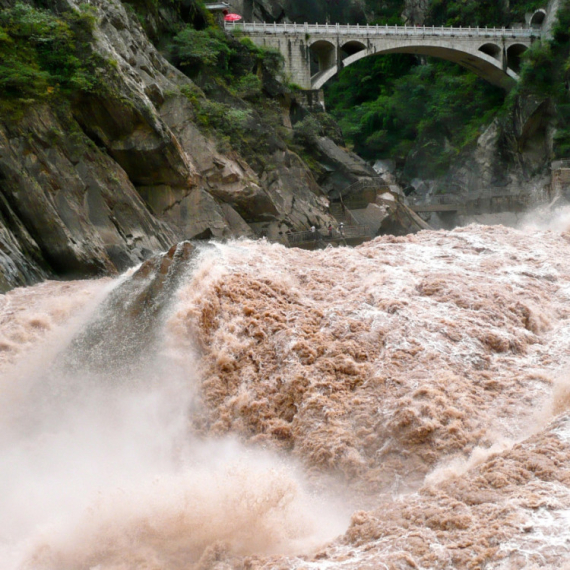
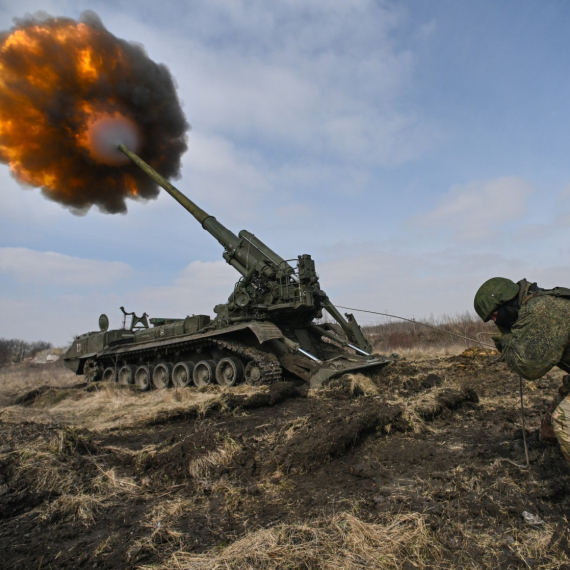



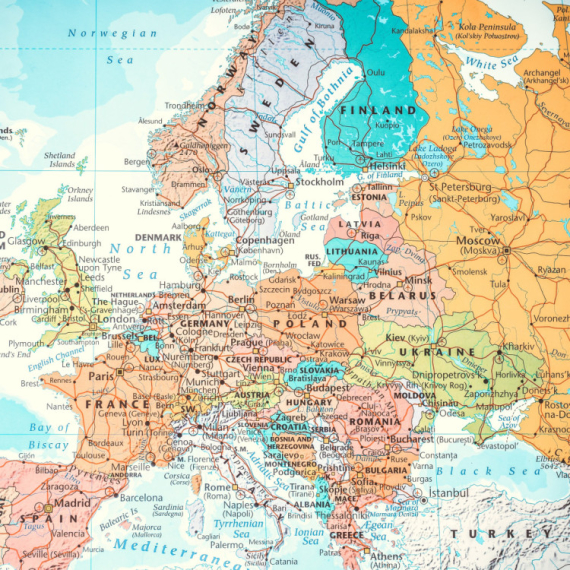
































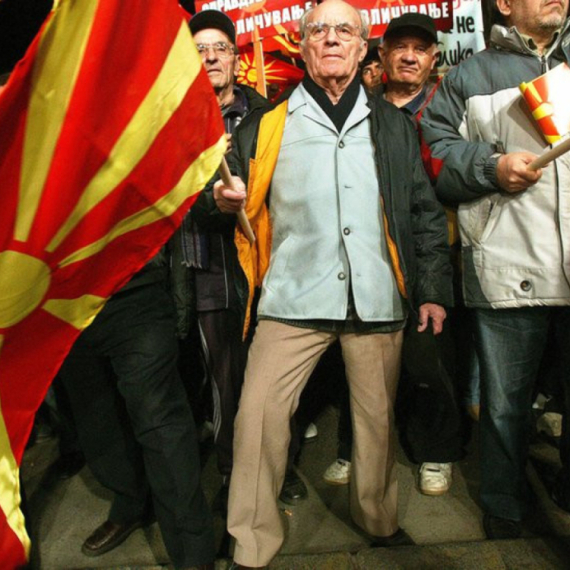

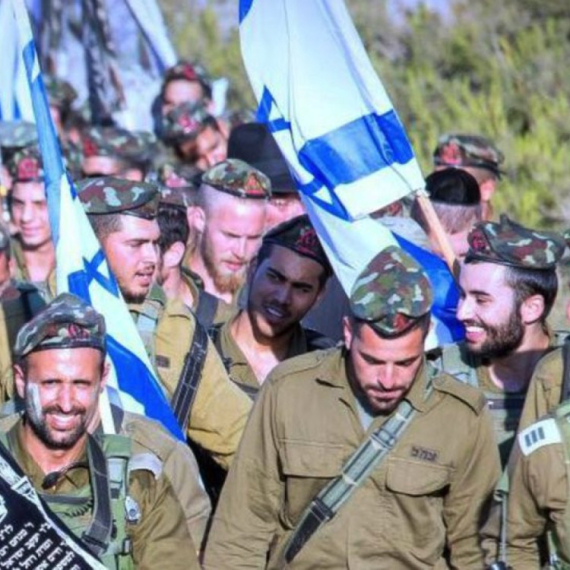

Komentari 6
Pogledaj komentare